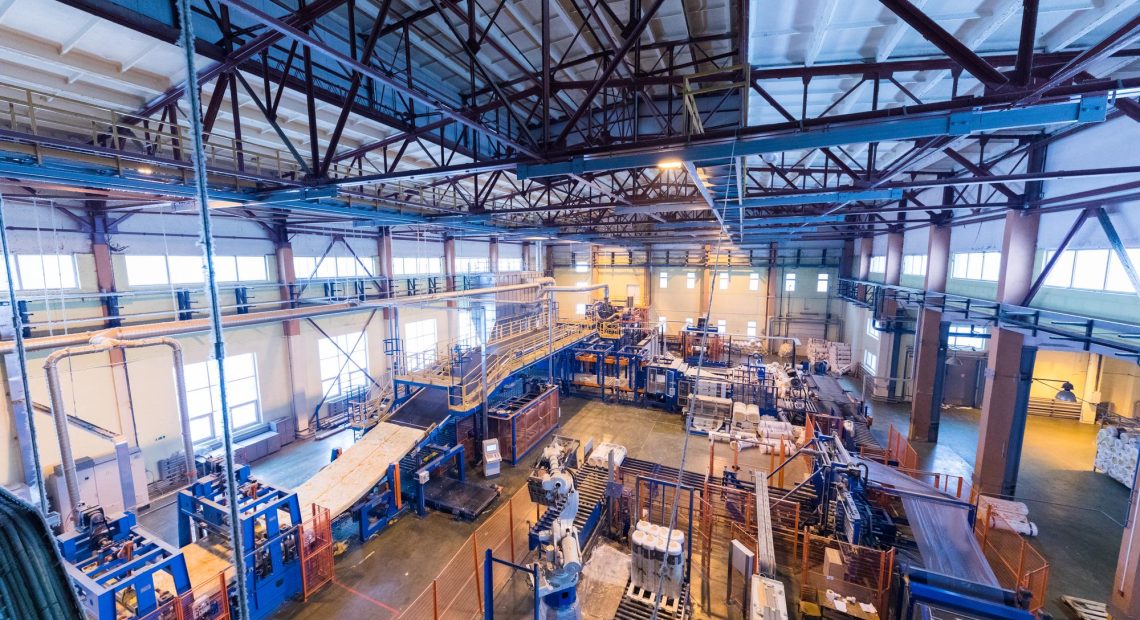
India Imposes Five-Year Anti-Dumping Duties on Chinese Imports
India has taken a decisive step to safeguard its domestic industries by imposing five-year anti-dumping duties on imports of aluminium foil, the herbicide Pretilachlor (including its intermediate PEDA), and the solvent Acetonitrile originating from China, Taiwan, and Russia. The move follows a thorough investigation by the Directorate General of Trade Remedies (DGTR), which found that these imports were being sold at artificially low prices, inflicting “material injury” upon Indian producers.
The definitive duties, effective from mid-March, replace provisional tariffs and aim to broadly level the playing field for local manufacturers. Aluminium foil imports will now incur duties ranging from USD 479 to USD 721 per tonne, while Acetonitrile will attract a duty between USD 202 to USD 481 per tonne, depending on the source and exporter. For Pretilachlor and its intermediate, the duty varies significantly—USD 1,247 to USD 2,018 per tonne—reflecting diverse pricing and supplier categories.
Anti Dumping Duties
These extended tariffs are part of India’s broader trade policy designed to counteract unfair pricing practices outlined under WTO’s anti-dumping framework. In recent years, India initiated several probes into Chinese imports, often implementing provisional duties before final confirmation. The current round strengthens that approach and signals a long-term commitment to enforcing equitable import norms.
Domestic Protection
The new measures are expected to boost India’s domestic production capacity in strategic sectors like packaging (aluminium foil), pharmaceuticals and agrochemicals (Acetonitrile), and agriculture (Pretilachlor). Industry players have expressed support, saying the protection will help curb surging import volumes—especially for aluminium foil, where Chinese shipments rose nearly 9% year-on-year—and improve margin stability for local firms.
Trade Policy
These anti-dumping duties underscore India’s evolving trade strategy, which increasingly balances open trade with protective measures for vulnerable industries. Alongside moves targeting other imports (e.g., Chinese plastics or chemicals), this aligns with India’s larger narrative of promoting local manufacturing, protecting jobs, and ensuring industrial resilience amid global trade uncertainties.


















